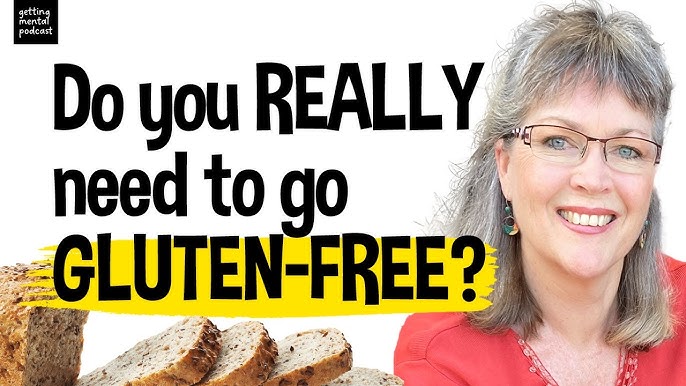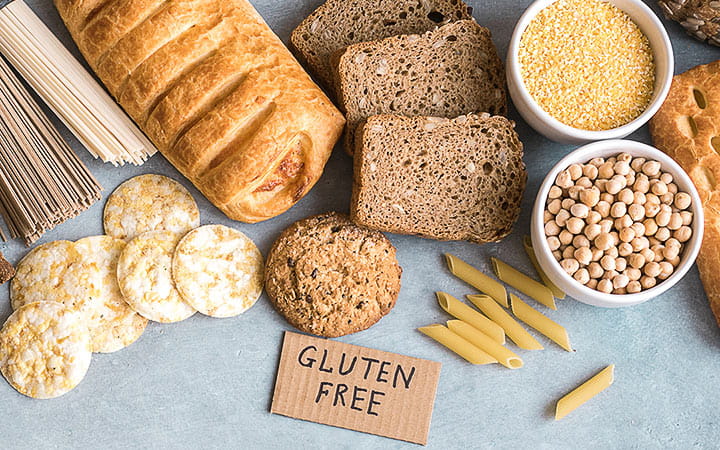Okay, so, I’ve been messing around with my diet lately, trying to figure out what works best for me. You know how it is, always looking for that magic bullet to feel better and maybe shed a few pounds. I stumbled upon this whole “gluten-free” thing and thought, “Why not give it a shot?” But then I got to wondering, does gluten-free automatically mean low-carb? I mean, those two things get thrown around together all the time. So, I started digging.

Diving into the Gluten-Free World
First, I started replacing all my usual bread and pasta with gluten-free versions. I went to the grocery store and picked up all these gluten-free products. You wouldn’t believe how many there are! Gluten-free bread, gluten-free pasta, even gluten-free cookies. I was feeling pretty good about my choices, thinking I was making a big change.
But guess what? I actually started feeling kind of bloated and, honestly, not much different. I was eating all this stuff, and it didn’t seem to make a huge difference in how I felt overall. Plus, I wasn’t really losing any weight, which was a bummer.
The Carb Surprise
Then it hit me. I started looking at the labels of these gluten-free products. Turns out, a lot of them are made with stuff like rice flour and tapioca flour. I had no idea, but these things are actually higher in carbs than regular wheat flour! Who would’ve thought? I was basically swapping out one type of carb for another, maybe even a worse one.
Getting Some Answers
I did some more reading and found out that, no, gluten-free does not automatically mean low-carb. It’s more about avoiding gluten, which is a protein found in wheat, barley, and rye. Some folks have celiac disease or gluten sensitivity, so they need to avoid it. But for the average person, it’s not necessarily a healthier choice, especially if you’re watching your carbs.
My Takeaway
So, here’s what I learned from my little experiment. Gluten-free might be important for some people, but it’s not a magic solution for everyone. And it’s definitely not the same as low-carb.

- I realized that I need to pay attention to the actual ingredients and nutritional info, not just the “gluten-free” label.
- I also found out that there are different reasons for going gluten-free. Some people have medical reasons, while others are just trying to eat healthier. But for me, it didn’t seem to make a huge difference.
- It also helped me understand that if my goal is to manage my weight or feel better, I might need to focus more on overall carb intake, not just cutting out gluten.
In the end, I decided that a gluten-free diet isn’t really for me. I’m not saying it’s bad, but it’s just not the right fit for my goals. I’m going to focus on eating a more balanced diet with whole, unprocessed foods and keep an eye on my overall carb intake. It’s all about finding what works for you, right?
